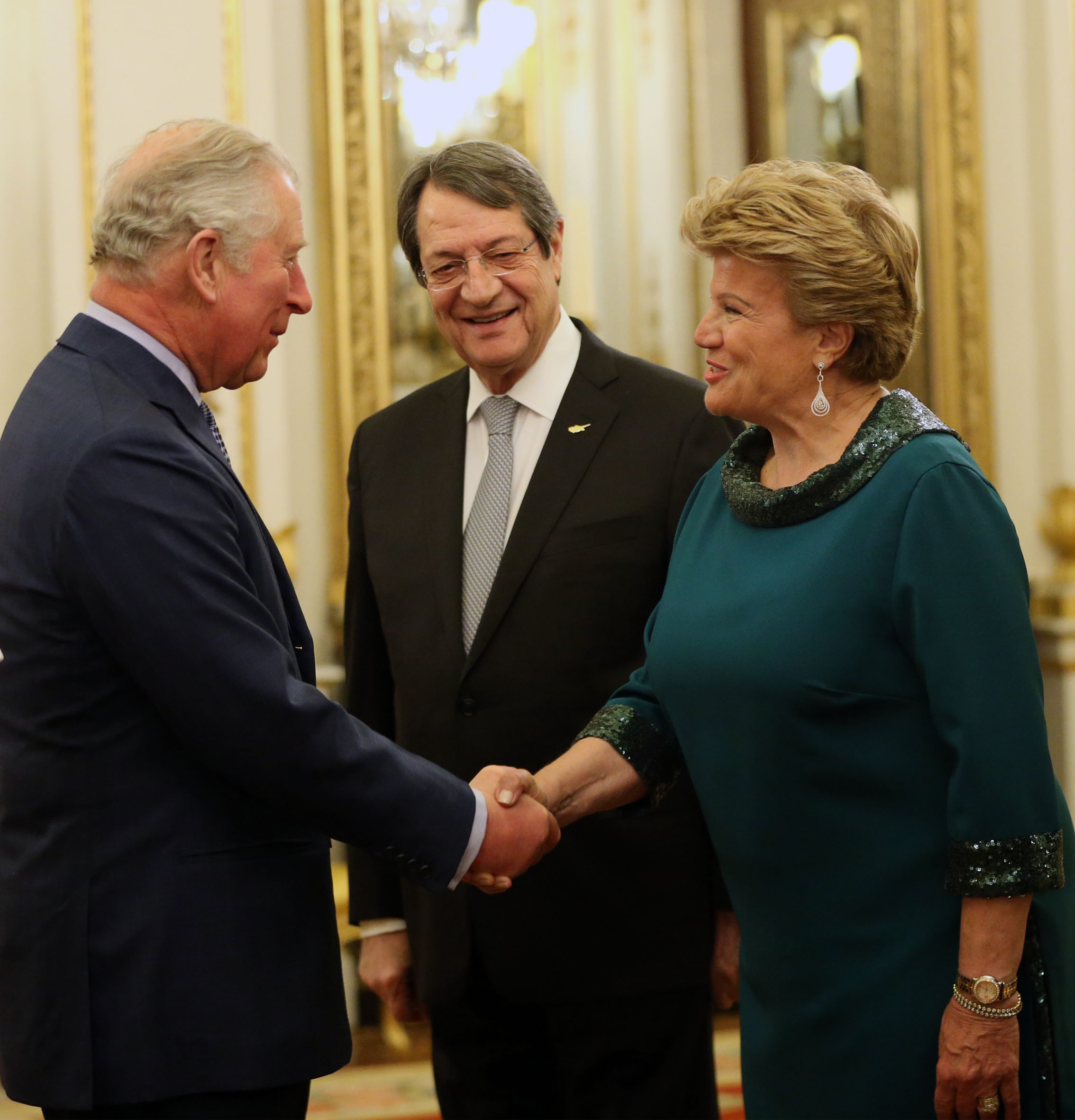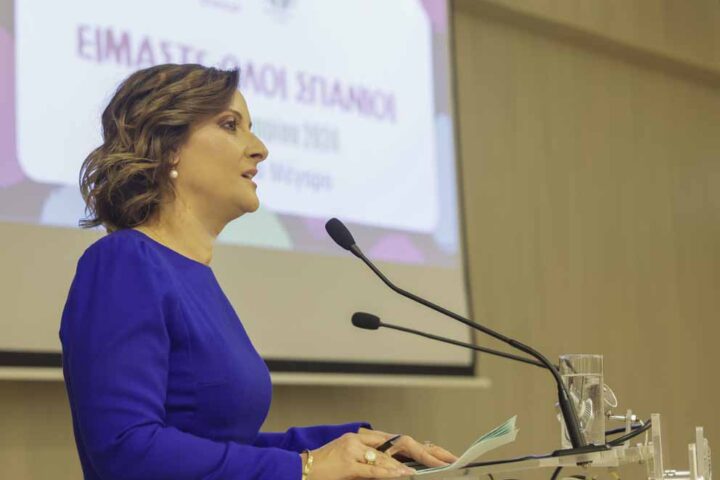Most of the tributes to Queen Elizabeth II on the occasion of her Platinum Jubilee, a historic achievement attained by no other British monarch, referred to her being the single “constant” in international and Commonwealth ties.
Throughout the seven decades of her reign, she has outlived more than a dozen UK prime ministers and tens of presidents of allied countries, with most of whom she has enjoyed warm relations.
These 70 years have also seen turbulent times, with the Empire gradually receding and new nations rising, many of which maintain special economic, military, and societal partnerships with Britain.
Cyprus has been one of these countries with the connection almost severed on several occasions, stormy even, with annexation, the desire for autonomy, sacrifices during and after WWII, both human and economical, and a division among the two communities, all of which led to the desire for union with Greece and the struggle for independence.
No one has yet to apologise for the victims and sacrifices of either side, with the grief and resentment growing, eventually boiling over, and leading to the biggest disaster, the 1974 Turkish invasion.
Many attribute an open wound to Britain’s distancing from the people of Cyprus, feeling resentful that this was punishment for being granted independence.
However, the people of Cyprus picked up the pieces and survived the hardship of post-WWII poverty.
Despite a short-lived Republic that was not fully enjoyed by all, it conceived the ‘economic miracle’ of the 1970s and has been struggling to find its place in the regional geopolitical sphere.
A new feeling of hope, reconstruction and innovation came with EU membership. And Britain has been by Cyprus’ side throughout.
Tourists increasingly flowed in, expats chose to settle and retire on the island, students continued to choose UK universities, the large diaspora played a small yet key role in British daily life, and trade relations boomed.
Some presidents even identified opportunities to establish closer defence relations with London and NATO, knowing Turkey would resist.
However, this dream is no longer far away, as seen from the rapid developments of this year in Ukraine.
On a multitude of occasions, Cyprus has proved it is a reliable and steady partner in a volatile sea.
Bilateral and trilateral relations, even the “3+1” including the US, have flourished; the island remains a launchpad for regional operations and a safe haven for the military on their way home, while ports, airports and security facilities remain open.
Unfortunately, Cyprus was seemingly absent from the Jubilee celebrations, partially due to nationalist feelings and partly due to sensitive balances in an election year.
Yet a beacon was lit, and a benefit concert went ahead, the only victims being the charities that opted out under pressure.
We should learn from another divided island, where the First Minister for Northern Ireland pledged “to build a better and inclusive future by strengthening friendships between all who share our island.”
Words of wisdom and maturity are needed now more than ever.
As Cyprus seeks allies and friends, especially among neighbours, perhaps it should look no further than the UK and build a new, mutual relationship founded on trust.










